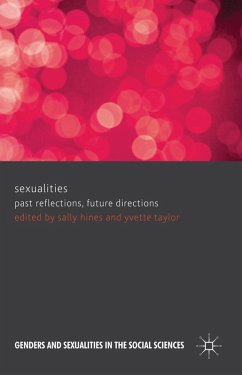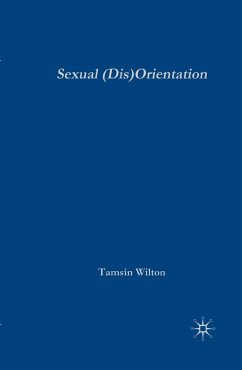Dieser Download kann aus rechtlichen Gründen nur mit Rechnungsadresse in A, B, BG, CY, CZ, D, DK, EW, E, FIN, F, GR, HR, H, IRL, I, LT, L, LR, M, NL, PL, P, R, S, SLO, SK ausgeliefert werden.
'This is a fascinating book, which offers page after page of intriguing revelations. Highly relevant to social work's understanding of families, this book would also be invaluable to researchers and research students as an inspirational and yet 'easy-to-read' example of rigorous theorising and exemplary methodology...I have been recommending this text to friends and colleagues for some time...' - British Journal of Social Work
'...opens up a pathfor further research on the doing (and interweaving) of heterosexualities, gender and sexualities' - Sociologica









